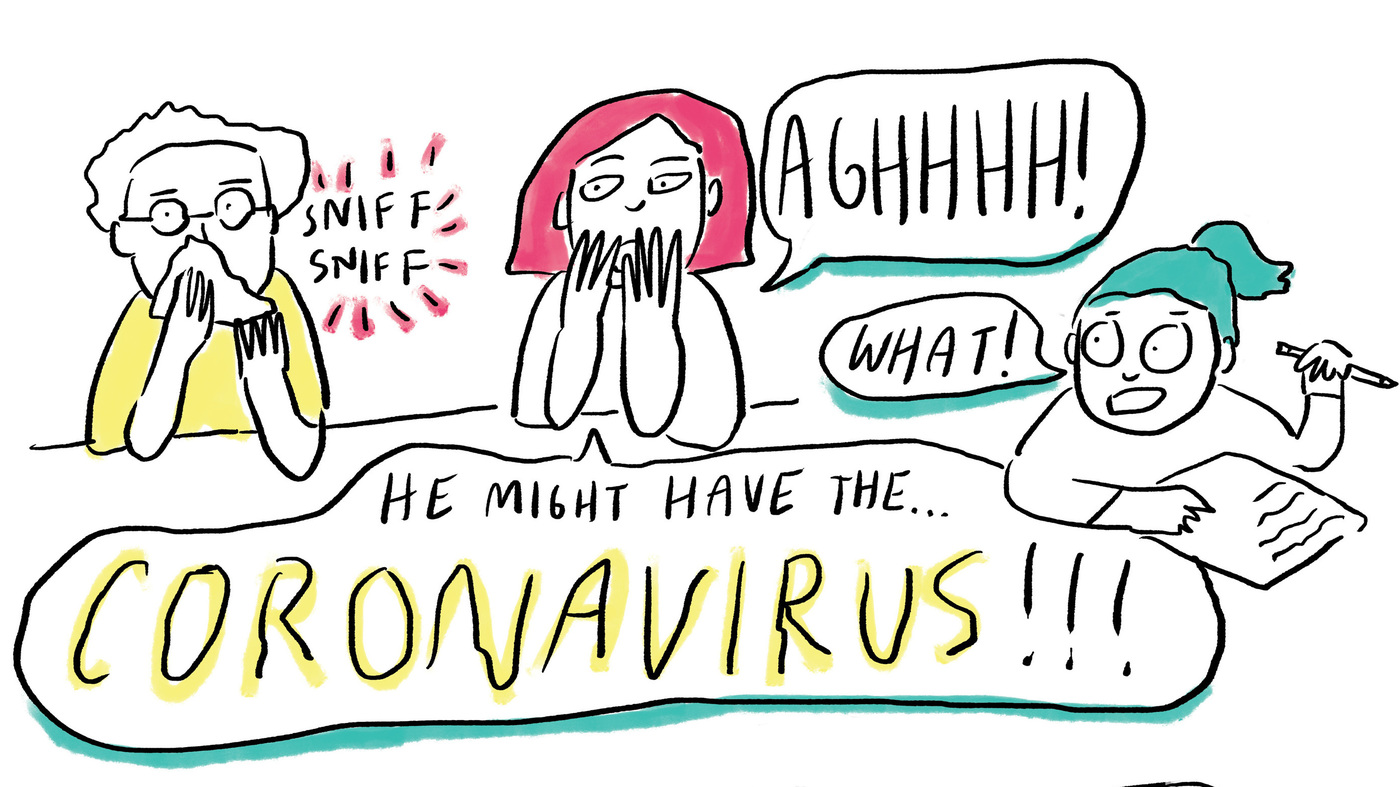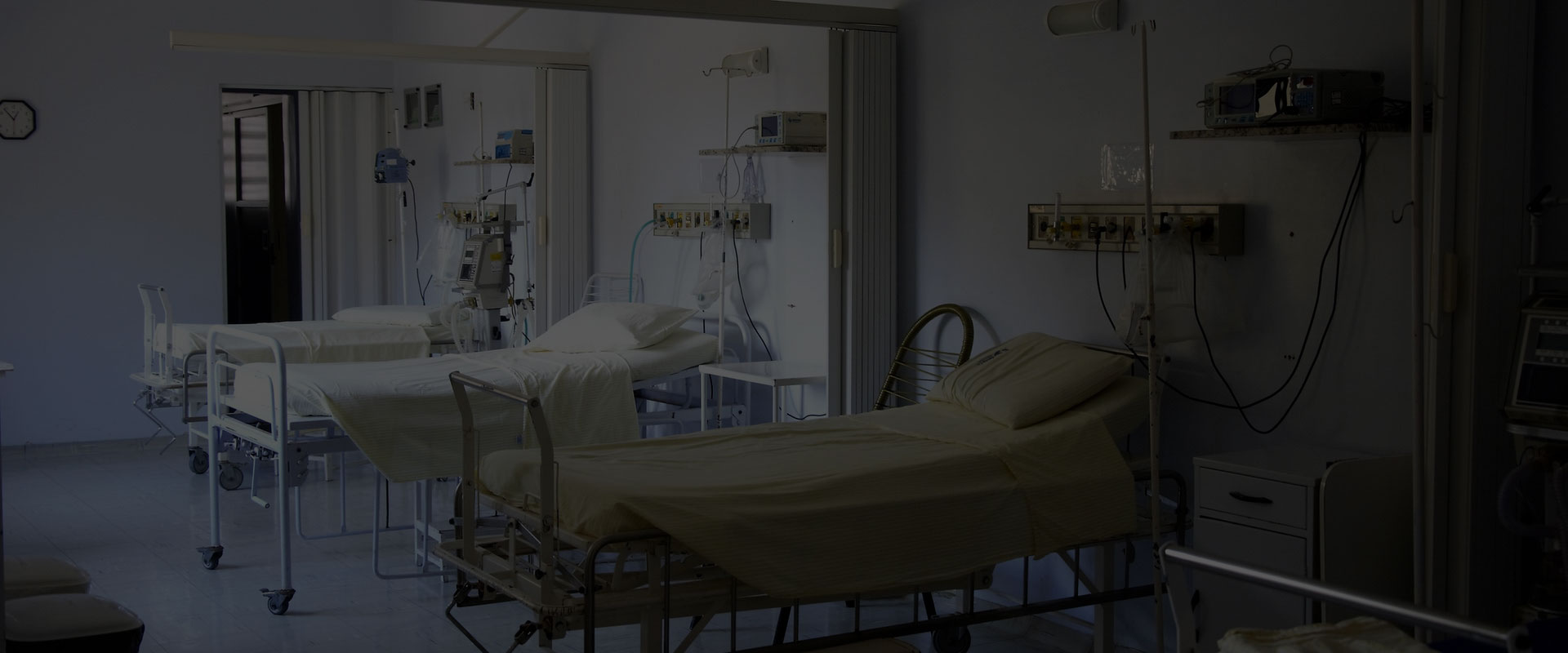
05 Apr Poverty and the foreigner’s disease
It is Wednesday, the 25th of March, a day before Lagos will go into a one-week compulsory lockdown. I am curious to know how this lockdown and the fight against the Coronavirus is perceived by those who have shops, or hawk food around. This leads me to Mushin market, opposite Zenith Bank on Lamijo Street. Responding to government orders, a row of shops selling electronics with loud Igbo gospel music pouring out of their shops will be preparing to shut down for seven days. At the other side of the road are meat sellers, earrings and cotton bud hawkers, a long line of cars stuck in the blistering heat, honking, with bored faces looking out of the windows. Tomorrow, Lagos’ madness will be tamed, even if for just a while. When I meet Nwanyi Chosen, she is looking at her sales book. Nwanyi Chosen, whose birth name is Ifeoma, is light-skinned woman and looks like she is in her forties. Today, she is wearing a headscarf. When I approach her, she looks at me patient enough to listen to the questions I ask.
“I started selling here when my son was three months old, now he is eight years,” she tells me. The seven days lockdown by the Lagos government will be a time for her to rest, a holiday. This is the mood of many Lagosians to whom the busy city never allows rest. But many are more concerned with, and worried about, what the government will do after the seven days. The new Coronavirus has made everyone a participant in a waiting game: Will the curve flatten after this or would it keep rising? For Nwanyi Chosen, “if after a week the government decides that we continue staying at home, I will start selling food from my house. In my area they know me for selling food, so I’ll just continue from there. I can’t buy meat and store. I can’t buy tomatoes and preserve. The food has to be tasty, if I start preserving food, that means I’ll be selling poison.”
Easily-perishable commodities such as meat, tomato and peppers will be particularly affected for the same reason buses will be affected. The lockdown looks like election season. Very rarely is Lagos quiet, not even on Christmas Day. During elections however, movement is restricted, but also food is shared to the masses, a similar occurrence that has been taking place in Lagos, beating the logic of social distancing, with videos of overcrowded people looking to get the COVID-19 package the Lagos State is distributing.
Two children by the roadside are playing a game of tag. One boy touches the other boy and shouts “take Corona!” The other boy laughs and chases to return Corona. The reality on the streets is different; their preoccupation is how to escape poverty. Nwanyi Chosen is not the only one who plans to rest during this one week. Seun, a phone repairer says he’ll be eating, sleeping and waking up during the one-week holiday. The fact that many of those in the lower class refer to this quarantine period as a holiday suggests that they perceive the coronavirus situation as one of two things: a much-needed opportunity for a break from the constant grind, or a problem that is not theirs.
Seun’s shop at Cement, Ikotun will be empty. He repairs at least eight phones in a day and makes approximately ten thousand Naira. He believes the coronavirus exists. When I ask him if he’d be able to last a month without going to work, he gives a look that says it’s an impossible task. For most Nigerians who depend on making money daily, the little they have saved will be enough for just a week. If the government decides to extend the lockdown to more than a week, there’s a fearful apprehension of what might happen. People are not just uncertain, they are afraid they will starve, afraid of what they and others might do when they start to starve, afraid of how the government might respond to people choosing the virus (and its potential threat to the health care system) over immediate death from starvation.
Nwanyi Chosen tells me, “the virus shall not come near me or any of my family.”
She goes on to explain that “this is a big man’s disease. I have never been to an airport. God knows why it’s all those big men that are catching the virus. The wickedness they have done in this country is too much. People have died because of the bad health system. Someone would break palm kernel in the market just to send the child to school so that the future can be better, but the child comes out of school and the certificate is useless because of no job.” She feels no pity for those in power who have coronavirus. If they die, it’s a revolution that Nigerians were too afraid to participate in. The wrath of God would be working on those who have destroyed the country and the millions of lives under them.
She points to a small cooler she used when she started selling rice eight years ago. She uses a bigger cooler and makes up to thirty thousand Naira in a day, enough money to take care of her four children. As a widow, the burden of providing is on her. Her youngest child is turning three. It’s 4:30 pm. Her coolers have been washed and she is going home to rest. The big men can fight the big man disease.
This article was originally written by Socrates Mbamalu for Coronigeria


No Comments